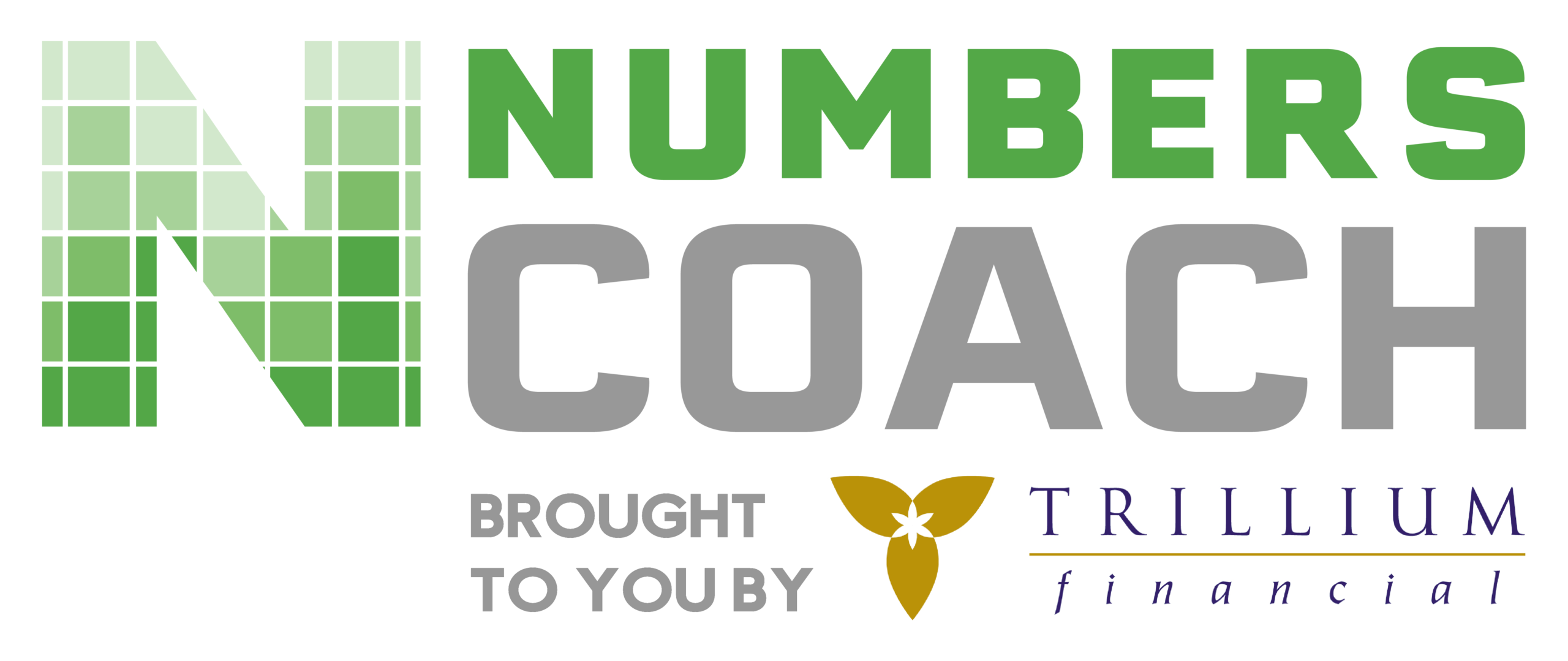by Michael Iverson
In the recent article Identifying a Likely Buyer of Your Business, I suggested a number of parties that might be interested in purchasing your business. To review, possible buyers include:
- Your management team
- Employees of your business
- A Family Member
- A Competitor, Business Partner or Vendor
- An Unknown Investor or Investment Group
These potential buyers can be classified as either Strategic or Financial.
A strategic buyer has knowledge of both your industry and your company. This kind of buyer has a compelling business interest in a possible acquisition of your company. The business interest might be as simple as buying out a prime competitor to achieve dominance of a local market. Or, perhaps a buyout is pursued with the intention of significantly expanding the business.
Typically, strategic buyers are willing to pay more for your business than financial buyers. A strategic buyer is familiar with your business or industry and optimistic about the prospects of your business enhancing his or her existing business. A strategic buyer isn’t afraid to pay full value for your business, because he or she expects to experience significant benefits when the two businesses are combined.
In contrast, financial buyers often have little or no knowledge of your industry or your company. This type of buyer is interested in acquiring your business’ cash flow, and motivated to buy at a discount – as a sort of hedge against his or her lack of familiarity with your business. Some financial buyers aspire to cut expenses of your business to boost profitability and flip the business in a short period of time for a profit.
Given a choice between selling to a strategic or a financial buyer, most business owners would rather sell to a strategic buyer. The price is usually closer to what the owner perceives as full value. In addition, the impact on employees is usually less.
If you have an exit plan in place, you increase your likelihood of selling to a strategic buyer, including identification of likely buyers. If you don’t plan your exit, you might end up selling to a financial buyer for lack of better options.
How Price Is Determined
Businesses for sale are usually valued at some multiple of operating earnings. Earnings Before Interest, Taxes, Depreciation, and Amortization (EBITDA) is a variation of operating earnings that many investors use to compare profitability between companies and across industries. It strips away the effects of financing and accounting choices to focus on true operating profits.
Depending on the buyer, an offer for your business may be based on current year’s EBITDA or average EBITDA for the past three years. Typically, some multiple of EBITDA is offered; the multiple varies by industry. For example, 1.5 times EBITDA could be the offer for a business in a steady but low-growth industry, while 6 times EBITDA might be offered for a business in a high-growth industry. Any offer’s value also depends on whether you’re selling to a strategic or a financial buyer.
To learn more about the type of multiple your business might command, or to talk about developing a plan for its sale, contact me at Trillium Financial.
